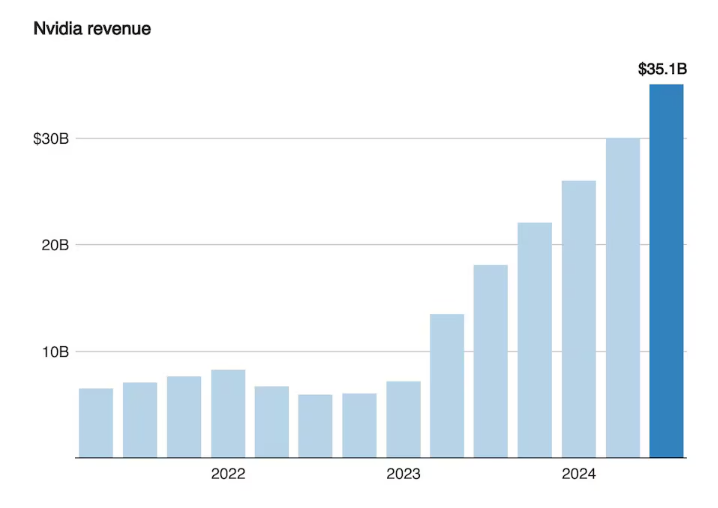In a swift policy reversal, the United States Postal Service (USPS) announced it will resume accepting parcels from China and Hong Kong, just hours after implementing a suspension. The initial halt was a response to President Donald Trump's recent decision to impose a 10% tariff on Chinese goods and eliminate the "de minimis" exemption, which previously allowed packages valued under $800 to enter the U.S. duty-free.
The abrupt suspension had significant implications for Chinese e-commerce giants like Shein and Temu, which have relied heavily on the de minimis provision to facilitate swift and cost-effective deliveries to American consumers. Industry experts expressed concerns over potential disruptions, noting that the sudden policy change left little time for businesses to adapt.
Following the suspension, USPS faced immediate backlash from retailers and consumers alike. In response, the agency stated that it is collaborating closely with U.S. Customs and Border Protection to develop an efficient mechanism for collecting the new tariffs, aiming to minimize disruptions to package deliveries.
The removal of the de minimis exemption means that parcels from China, regardless of value, now require individual customs clearances. This change is expected to increase the workload for postal services and customs agents, potentially leading to delays and higher costs for consumers. Logistics providers are advising clients to explore alternative solutions, such as establishing distribution centers within the U.S., to mitigate potential challenges.
As the USPS navigates these new trade policies, the broader implications for international shipping and e-commerce remain uncertain. Both businesses and consumers are bracing for potential changes in shipping times and costs, underscoring the far-reaching impact of the evolving U.S.-China trade relationship.





